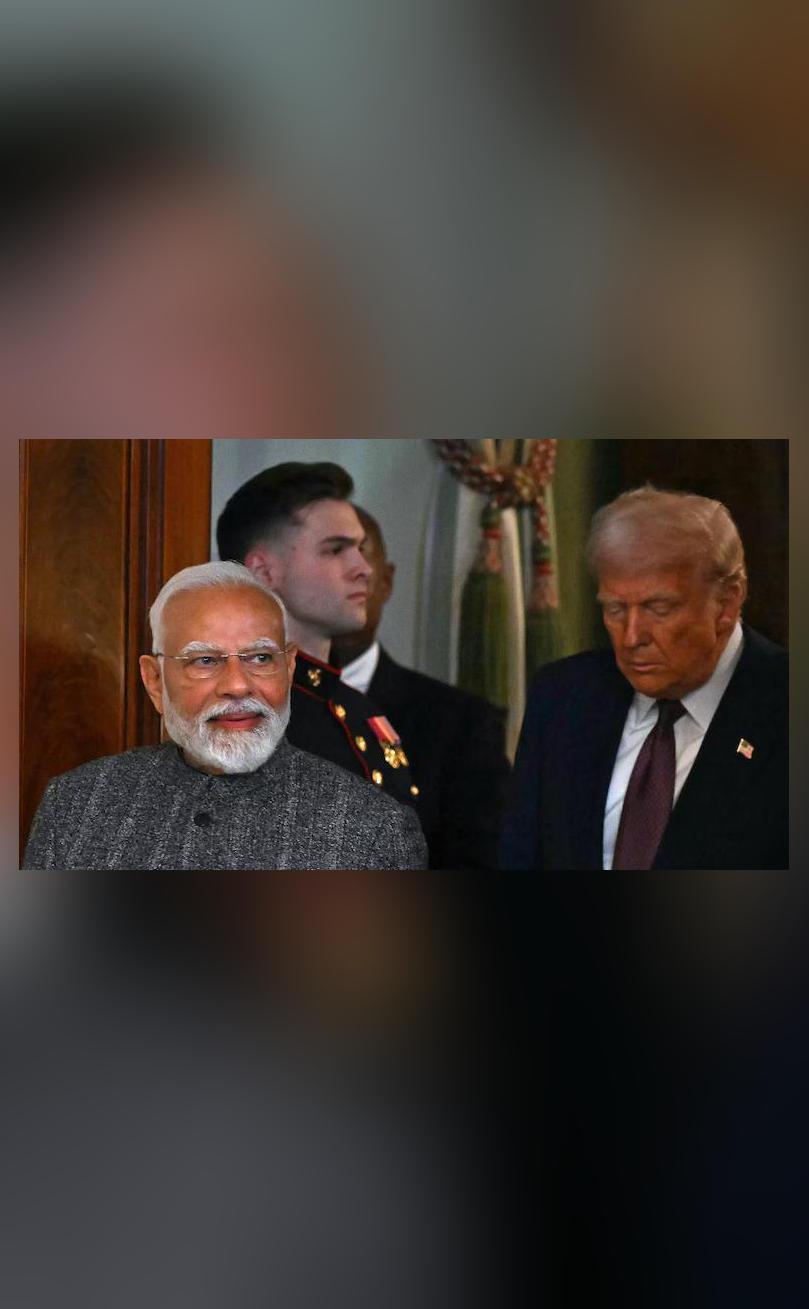
Trump’s Tariffs Can Push India Closer to Russia & China: Ex-US NSA
In a scathing critique, former US National Security Advisor John Bolton has warned that President Donald Trump’s decision to impose 50% tariffs on India could have unintended consequences, potentially pushing the country closer to Russia and China. Bolton’s comments come amidst escalating tensions between the US and India, with the latter already showing signs of resistance to the tariffs.
Trump’s latest move is a significant escalation of the trade war between the two nations, with the US imposing the tariffs in retaliation for India’s refusal to import American agricultural products and its decision to restrict US firms from selling medical devices and pharmaceuticals in the country. The tariffs are expected to impact a wide range of Indian products, including steel, aluminum, and textiles, and could have a significant impact on the country’s economy.
However, Bolton’s warning suggests that the tariffs could have far-reaching consequences that go beyond the economic sphere. In an interview with News18, Bolton said, “Trump’s heavy-handed tariffs on India jeopardise decades of American efforts to bring India away from Russia and China.” He added, “India is a major player in the global economy, and the US has a vital interest in maintaining good relations with New Delhi.”
Bolton’s comments are significant because they highlight the potential risks of the tariffs in terms of India’s strategic relationships with other countries. India has traditionally maintained good relations with the US, and has been a key player in the US-led international order. However, in recent years, India has also been strengthening its ties with Russia and China, and has been a vocal critic of US policies on issues such as climate change and trade.
The tensions between the US and India have been building for some time, and Trump’s tariffs are seen as a major escalation of the trade war. India has already retaliated against the tariffs by imposing its own set of duties on a range of US products, including almonds, apples, and walnuts. The Indian government has also announced plans to increase the production of domestic goods, such as steel and textiles, to reduce its dependence on imports from the US.
The implications of the tariffs are significant, not just for the economy, but also for the strategic relationships between the US, India, Russia, and China. The US has long seen India as a key ally in the region, and has been working to strengthen its relations with New Delhi. However, India’s growing ties with Russia and China have raised concerns in Washington about the country’s commitment to the US-led international order.
The Russian and Chinese governments have been actively courting India, and have been offering it significant economic and military aid. Russia has been a major supplier of weapons to India, and has been working to strengthen its relations with the country through a range of agreements on energy, defense, and trade. China has also been a major trading partner with India, and has been working to strengthen its relations with the country through a range of agreements on trade, investment, and infrastructure development.
Trump’s tariffs are likely to exacerbate these tensions, and could potentially push India closer to Russia and China. The Indian government has already made it clear that it will not back down on its stance on the tariffs, and has announced plans to increase its imports from other countries, such as China and Russia. This could potentially lead to a significant shift in India’s trade relationships, and could have far-reaching implications for the global economy.
In conclusion, Trump’s tariffs on India are a significant escalation of the trade war between the two nations, and could have far-reaching consequences for the global economy. The warnings from Bolton and other experts highlight the potential risks of the tariffs in terms of India’s strategic relationships with other countries, and the potential implications for the US-led international order. As the situation continues to unfold, it remains to be seen how India will respond to the tariffs, and what the long-term consequences will be for the country and the global economy.






